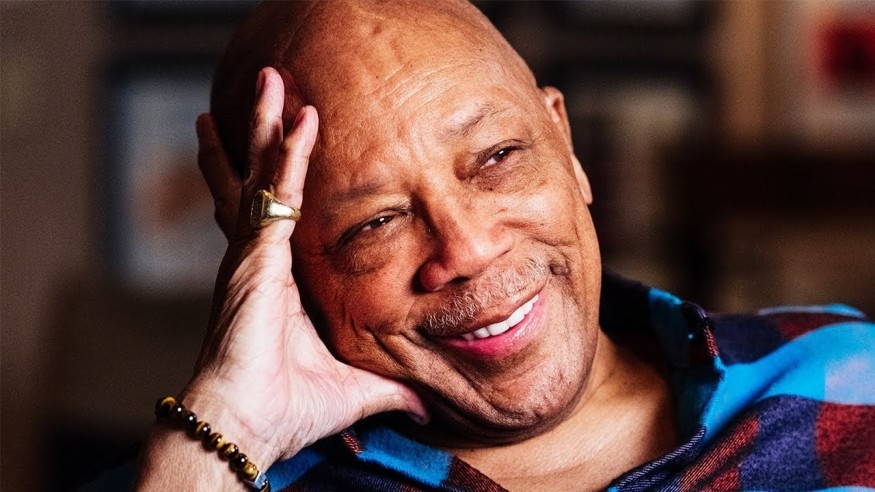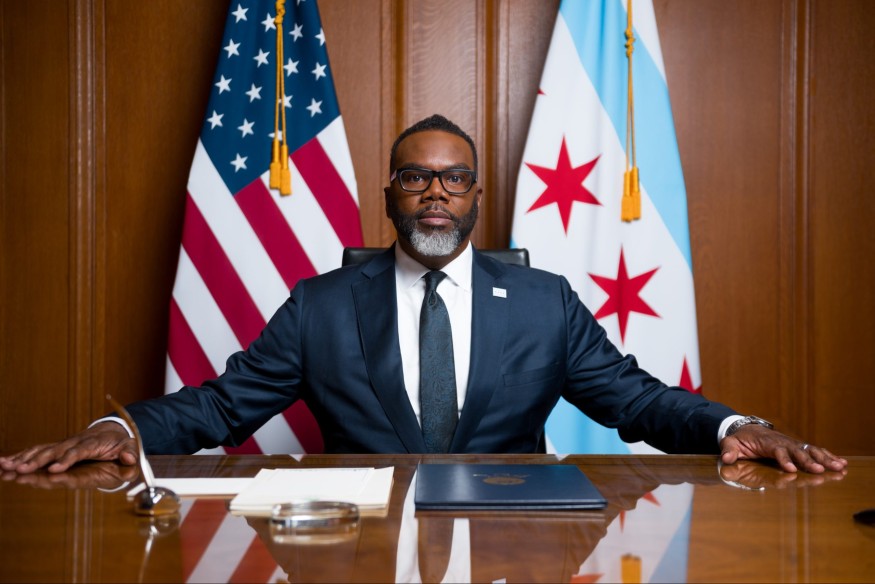
November 04, 2024
Remembering Quincy Jones: A Trailblazer in Music and Legacy of Boundless Creativity
Quincy Jones, a music legend whose influence reached far beyond the sound studio, passed away peacefully at his Bel Air home, surrounded by his family. Jones, who was set to receive an honorary Academy Award later this month, leaves behind an irreplaceable legacy at the age of 91. “Tonight, with full but broken hearts, we must share the news of our father and brother Quincy Jones’ passing,” his family expressed in a statement. “Although this is an incredible loss for our family, we celebrate the great life that he lived and know there will never be another like him.”
Rising from Chicago’s South Side to the Pinnacle of Music
Quincy Jones’ journey from a challenging childhood on the South Side of Chicago to the heights of global music production is nothing short of remarkable. He broke barriers as one of Hollywood's first Black executives, and his vast music catalog helped define some of the most significant sounds of the 20th century. Growing up amid hardship, Jones often spoke about his early life, where he spent time on the streets and endured both physical and emotional scars. Music, however, became his solace. At 11, after discovering a piano at a neighborhood recreation center, he found a new sense of purpose that would shape the rest of his life.
From Sinatra to Michael Jackson: The Master Orchestrator
Jones’ career is marked by collaborations with some of the most revered names in music. He toured with jazz icons like Count Basie and Lionel Hampton, arranged music for Frank Sinatra and Ella Fitzgerald, and famously collaborated with Michael Jackson on the groundbreaking albums *Off the Wall*, *Thriller*, and *Bad*. His partnership with Jackson transformed popular music, producing timeless hits such as “Billie Jean” and “Don’t Stop ‘Til You Get Enough.” On *Thriller*, Jones created a unique, genre-blending sound by recruiting artists like Eddie Van Halen for “Beat It” and Vincent Price for a haunting spoken word on the title track. The album would go on to sell over 20 million copies in its first year alone, competing with the Eagles’ *Greatest Hits* for the best-selling album of all time.
Lionel Richie, a close friend and collaborator, famously referred to Jones as “the master orchestrator.” Indeed, Jones’ approach as a producer was distinctive: he saw his role as one of guiding the artist’s vision to full realization. "If an album doesn’t do well, everyone says it was the producer's fault; so if it does well, it should be your ‘fault,’ too,” he remarked, reflecting on his role as a visionary in the studio.
A Career of Accolades and Cultural Milestones
Quincy Jones was a recipient of nearly every major award in entertainment, including 28 Grammys, an Emmy, and two honorary Oscars. His contributions to music and culture earned him a Kennedy Center tribute and France’s Legion d’Honneur, among countless others. He became a sought-after figure in various spheres of influence, befriending world leaders, philanthropists, and film stars. Perhaps one of his proudest achievements came with the 1985 charity anthem “We Are the World,” a project he organized to help famine-stricken Africa. The song, co-written with Richie, brought together a who’s who of the music industry and raised millions for humanitarian aid.
Personal Triumphs and the Legacy of “Q”
Jones’ legacy extends beyond his accolades and collaborations. His 2001 memoir, *Q*, became a bestseller and delved into the deeply personal aspects of his life—from growing up in hardship to his reflective musings on the power of music. He also became the subject of two documentaries, *Listen Up: The Lives of Quincy Jones* in 1990 and a 2018 film directed by his daughter, Rashida Jones.
Born in Chicago in 1933, Jones’ first encounter with music came from the hymns his mother sang. Despite a tumultuous childhood marked by loss and family instability, he found a home in music—a medium through which he would come to change the world. “That’s where I began to find peace. I was 11. I knew this was it for me. Forever,” he once said, recounting his early years at the piano.
Quincy Jones’ legacy is monumental, encompassing nearly every facet of American and global music. His visionary work will continue to inspire generations of artists, and his story—a testament to resilience and creative genius—will forever be a cherished chapter in the history of music.




Comments(0)